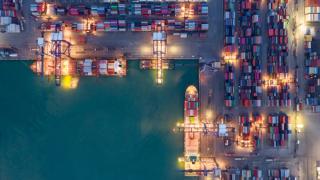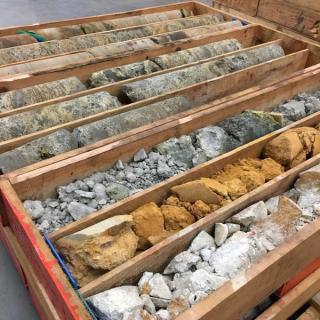
Integrating human rights due diligence in sustainable procurement
- Post Date
- 03 December 2024
- Read Time
- 2 minutes

Businesses are increasingly recognising the importance of fostering sustainability in their value chains, where the most significant human rights impacts often occur. Sustainable procurement plays a pivotal role in addressing both social and environmental impacts within supply chains.
In Asia, whilst sustainable procurement is integrated into many businesses’ sustainability strategies, the primary focus has been on the environmental side, largely driven by legislative mandates and disclosure requirements. However, in recent years, emerging legislations across the world like the latest EU Corporate Sustainability Due Diligence Directive (CS3D), require companies to identify, mitigate, and remediate actual and potential adverse impacts on human rights alongside the environment.
Asian companies operating in key markets with mandatory human rights due diligence laws may fall under their regulatory scopes. Companies selling into these markets or seeking market access may also feel indirect pressure as compliance requirements cascade down the value chain. Additionally, the momentum for legislating human rights due diligence and responsible supply chains is building in Asia.
To meet compliance requirements and rising stakeholder expectations, companies across Asia increasingly need to adopt a holistic human rights due diligence approach that extends beyond their own operations to encompass their entire value chain, where the most significant human rights impacts often occur. A crucial step in this process is integrating human rights due diligence (HRDD) into sustainable procurement strategies.
To support companies to do so, we have produced a guide for companies that are embarking on this journey, download our guide document.

For more information on how SLR can support you, please get in touch with us.

